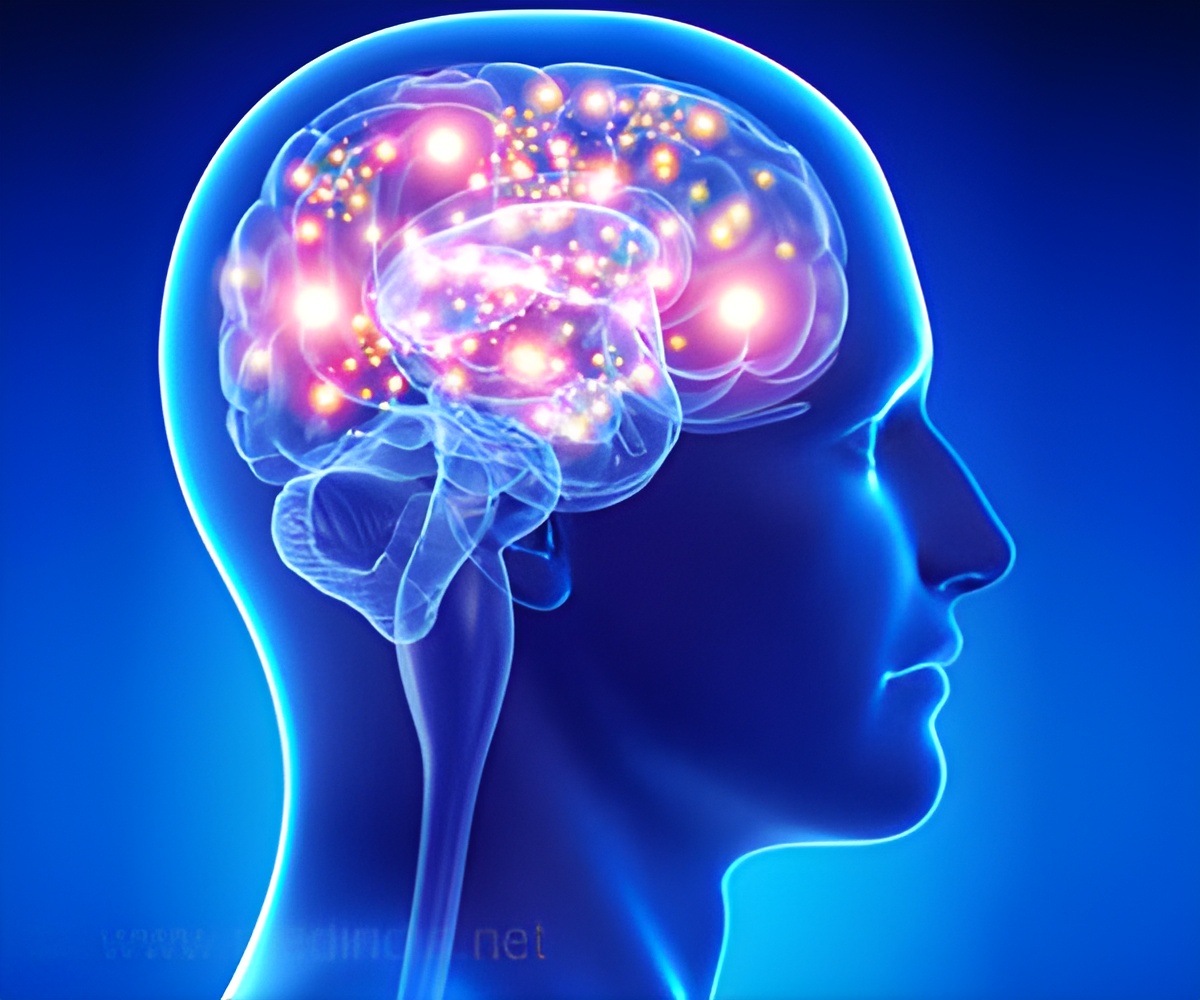
‘Amnesia caused by cannabinoids and the related cell processes are linked to an acute alteration in bioenergetic mitochondrial activity.’
Tweet it Now
A new piece of research, which has been published in the online version of the journal Nature, has now gone a step further on discovering that the amnesia caused by cannabinoids needs the activation of the CB1 cannabinoid receptors located in the mitochondria of the hippocampus, the brain structure involved in memory formation. To obtain the results of this research, led by Dr Giovanni Marsicano of the University of Bordeaux, the contribution of the following doctors was crucial: Nagore Puente, Leire Reguero, Izaskun Elezgarai and Pedro Grandes; they are neuroscientists in the Department of Neurosciences of the UPV/EHU's Faculty of Medicine and Nursing and of the Achucarro Basque Center for Neuroscience and they also participated in a previous discovery about the location and functioning of the CB1 receptor in the mitochondria.
In this new piece of research, the researchers used a broad range of cutting-edge experimental techniques and saw that the genetic elimination of the CB1 receptor from the mitochondria of the hippocampus prevents memory loss, the reduction in mitochondrial movement and the decrease in neural communication induced by the cannabinoids.
This research also revealed that the amnesia caused by cannabinoids and the related cell processes are linked to an acute alteration in bioenergetic mitochondrial activity owing to the direct activation of the CB1 receptors in the mitrochondria. This activation leads to the inhibiting of the cannabinoid signalling cascade inside the mitochondria and cell respiration diminishes as a result. This reduction in cell respiration through cannabinoids is not restricted to the brain as a similar phenomenon occurs in skeletal and cardiac muscle, as has recently been published in another piece of research by the group of Dr Grandes.
"Mitochondrial malfunctioning could have serious consequences for the brain. For example, chronic mitochondrial dysfunction is involved in the pathogenesis of neurodegenerative diseases, strokes or disorders associated with ageing. However, the involvement of the acute variation in mitochondrial activity in higher brain functions, such as memory, was unknown," pointed out Dr Grandes. So this research has revealed that the CB1 cannabinoid receptors in the mitochondria regulate the memory processes by modulating mitochondrial energy metabolism.
Advertisement
"This research is the result of 6 years' work in which 28 researchers have participated. In our case it would not have been possible without the funding received from the UPV/EHU, the Basque Government and Spanish institutions, which have placed their trust in us even during these years of tremendous cutbacks for research; this is something I recognise and which I am grateful for," concluded Pedro Grandes.
Advertisement
Source-Eurekalert














